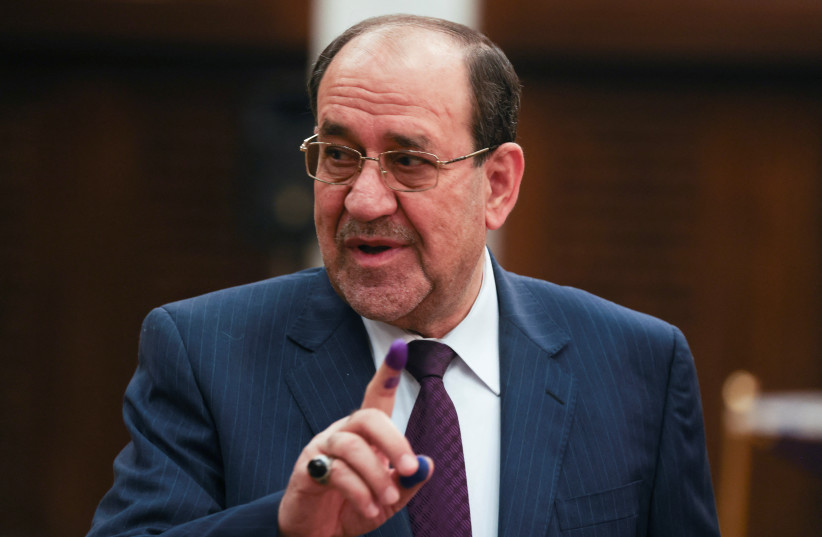Iraq headed to provincial elections on Monday, for the first time since war with ISIS broke out in early 2013, causing massive displacement of people, genocide, and other atrocities.
When the war ended in 2017, further chaos followed: An independence referendum in the Kurdistan autonomous region provoked the Iraqi federal government, backed by Shi’ite militias, to attack Kurds in Sinjar and Kirkuk, followed by Iranian-backed militias that began a campaign against US forces in 2019 and 2020.
Nowadays, Iraq is trying to put some of its violent past behind it. However, reports warned of voter apathy and potential violence, though indications show high turnout in some areas, which could be the way forward for some regions, experts have motioned.
A special early vote for 50,000 displaced people and security forces has taken place already.
There are around 16 million voters, 7,766 polling centers in Baghdad and the governorates, and 38,000 polling stations around the country, Gulf-based Al-Ain media said, and 38 electoral alliances are competing with more than 4,000 candidates.

Who's running?
The Sadrist movement, led by Muqtada al-Sadr, is the largest Shi’ite group and one of the most prominent absentees in the provincial council elections after they decided to boycott them.
In addition, the Iraqi supreme court has sought to remove Mohammed Halbousi from parliament, which has made him popular in some Sunni areas of Iraq, where he is from.
Former prime minister Nouri al-Maliki, who is pro-Iran, has support groups in the elections. Local parties are competing in Anbar province. Several Kurdish parties, such as the Kurdistan Democratic Party, are competing.
The elections are important for Iraq and will show whether the country can have a peaceful election and represent most of its various groups, including Sunni and Shi’ite Arabs, Kurds, Yazidis, Turkmen, Assyrians, and others.
